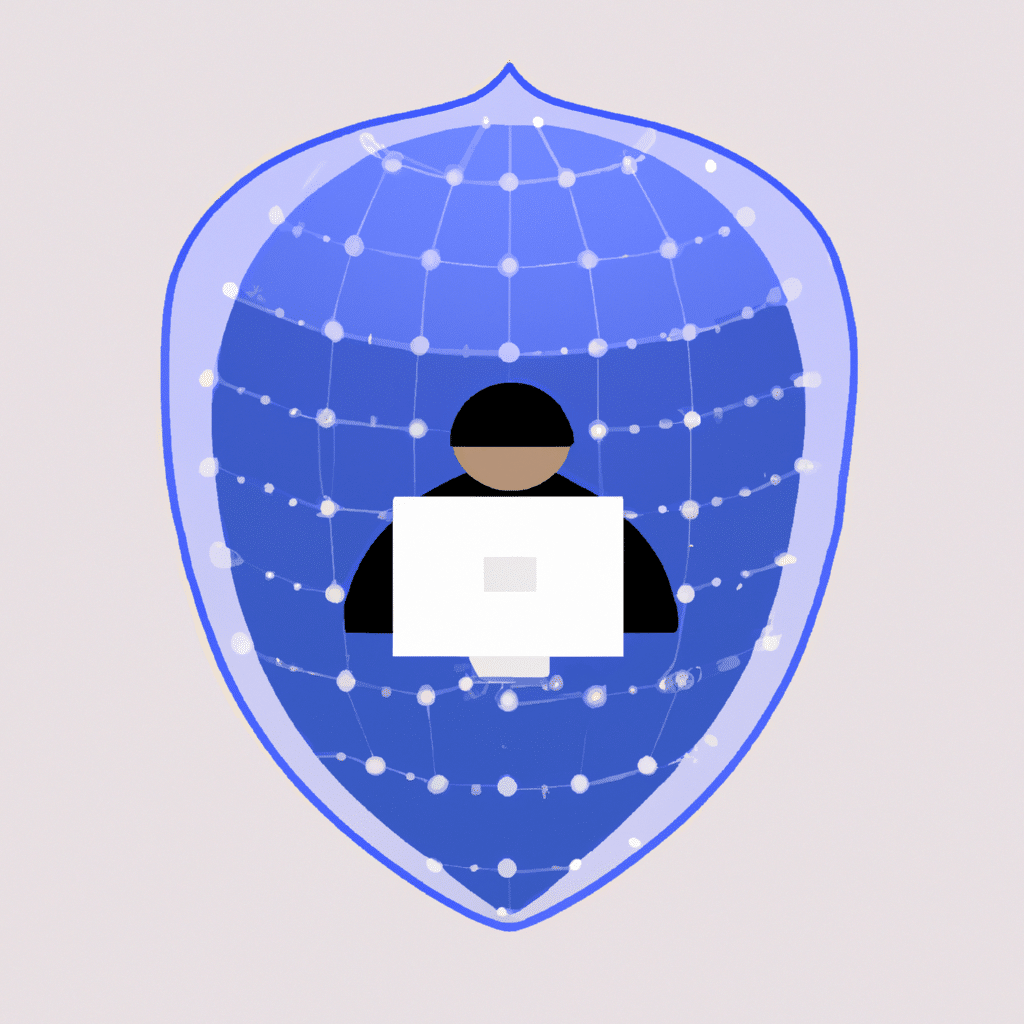The Benefits of Using a Virtual Private Network (VPN) on Your Computer
In today’s digital age, information security is more important than ever. With the rise of cyber attacks and data breaches, it’s crucial to take steps to protect your personal and sensitive information. One way to do this is by using a virtual private network (VPN) on your computer. In this article, we’ll explore the benefits of using a VPN, including improved security, privacy, and access to geo-restricted content.

Improved Security
A VPN encrypts your internet connection, making it more difficult for hackers and other malicious actors to intercept and steal your data. When you connect to a public Wi-Fi network, such as at a coffee shop or airport, your data is transmitted in plain text, making it vulnerable to interception. However, when you use a VPN, your data is encrypted and transmitted through a secure tunnel, protecting it from prying eyes.
In addition to encrypting your data, a VPN can also protect you from malware and phishing scams. Some VPNs come with built-in malware and ad blockers, which can help prevent malicious software from infecting your computer. Additionally, many VPNs have features that can detect and block phishing attempts, further enhancing your security.
Enhanced Privacy
When you use a VPN, your internet activity is routed through a remote server, masking your IP address and location. This makes it more difficult for websites and advertisers to track your online activity and target you with personalized ads. Additionally, some VPNs have a strict no-logging policy, meaning they don’t track or store any information about your online activity.
One of the most significant privacy benefits of using a VPN is the ability to bypass government censorship and surveillance. In countries with strict internet censorship laws, such as China and Iran, a VPN can provide access to blocked websites and services. Additionally, in countries with high levels of government surveillance, such as Russia and North Korea, a VPN can help protect your privacy and freedom of speech.
Access to Geo-Restricted Content
Another benefit of using a VPN is the ability to access geo-restricted content. Many streaming services, such as Netflix and Hulu, have different libraries of content depending on your location. However, by using a VPN, you can connect to a server in a different country and access that country’s content library. This can be particularly useful for travelers who want to keep up with their favorite shows while abroad.
Additionally, some websites and services are only available in certain countries. For example, if you’re a fan of BBC iPlayer but live outside of the UK, you won’t be able to access the service without a VPN. However, by using a VPN with a server in the UK, you can access BBC iPlayer and other UK-specific services.
Conclusion
In conclusion, using a virtual private network (VPN) on your computer can provide numerous benefits, including improved security, privacy, and access to geo-restricted content. By encrypting your data, protecting you from malware and phishing, and masking your IP address and location, a VPN can help keep you safe online. Additionally, by providing access to geo-restricted content, a VPN can enhance your entertainment options. Overall, using a VPN is a smart and easy way to protect your online privacy and security.












